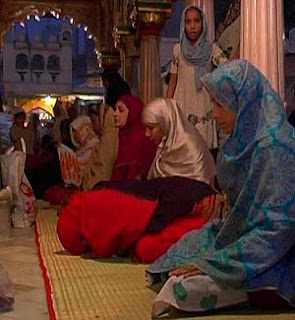Computer Studies
What do you expect or what do you want to do after you graduate?
When i graduate i will go back to Perú meet with all my friends and family. stay there for around one month. In this period of time i will organize a trip to Europe which will involve a group of friends. I'd like to take some good vacations, of about 1 or 2 months before starting university (however before i take this vacations i must be already accepted in the university)
Another thing i will do is get my DNI (Documento Nacional de Identidad) showing that i am 18+ years old and a drivers license so that i could keep driving my car without getting in trouble with the police that eventually means me losing money.
The trip i want to take is a trip around Europe, the country i will stay the most time will be Italy, i will visit some friends and family. When i come back from this trip i should be almost at the end of my vacations and should be getting ready to start university.
The university I'd like to study is Washington University in St Louis-USA or Universidad de Lima in Lima-Perú. The career i want is system engineer and graphic designer.
What i expect to do after i graduate is first of all have a good time with my family and friends, travel around the world and get to know other cultures and different people and finally start studying; this vacations however will begin once i have secure my entry into my desired university.
Another thing i will do is get my DNI (Documento Nacional de Identidad) showing that i am 18+ years old and a drivers license so that i could keep driving my car without getting in trouble with the police that eventually means me losing money.
The trip i want to take is a trip around Europe, the country i will stay the most time will be Italy, i will visit some friends and family. When i come back from this trip i should be almost at the end of my vacations and should be getting ready to start university.
The university I'd like to study is Washington University in St Louis-USA or Universidad de Lima in Lima-Perú. The career i want is system engineer and graphic designer.
What i expect to do after i graduate is first of all have a good time with my family and friends, travel around the world and get to know other cultures and different people and finally start studying; this vacations however will begin once i have secure my entry into my desired university.













